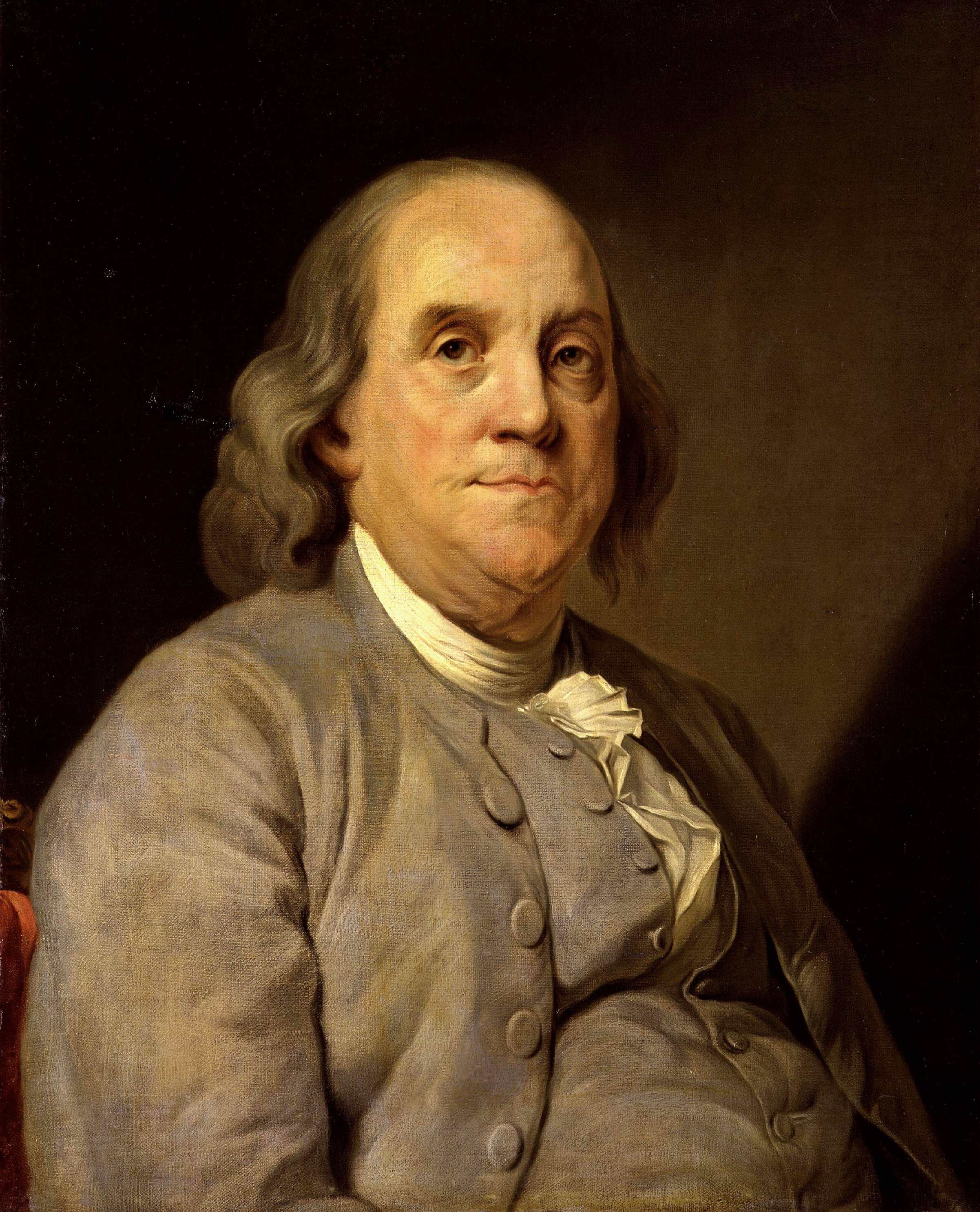"I may as well confess it, since my denial of it will be believed by nobody ... perhaps I shall a good deal gratify my own vanity. Indeed, I scarce ever heard or saw the introductory words, 'Without vanity I may say,' etc., but some vain thing immediately followed. Most people dislike vanity in others, whatever share they have of it themselves; but I give it fair quarter wherever I meet with it, being persuaded that it is often productive of good to the possessor, and to others that are within his sphere of action; and therefore, in many cases, it would not be altogether absurd if a man were to thank God for his vanity among the other comforts of life."
- "The Autobiography of Benjamin Franklin," section covering 1706-1757
Few men epitomize the concept of the "Renaissance Man" better than Benjamin Franklin. He achieved great success in many different fields; including the occupations of being a writer, journalist, postmaster, scientist, and inventor. He had a great wit, and had a persuasive ability that was part logical argument and part masterful diplomacy. And his achievements as a statesman are notable even by the lofty standards of America's Founding Fathers.
I certainly do not claim to be an expert about his life, but after watching a three-hour PBS documentary about him, I was inspired to read his famous autobiography. I have read it cover to cover, and "The Autobiography of Benjamin Franklin" is now one of my favorite books. It was one of the first American books to be taken seriously by Europeans as literature.
If you're familiar with eighteenth-century language, the book is not very hard to read; and might aptly be compared to Charles Dickens. It is not a very long book, as Benjamin Franklin had a gift for brevity. He praises the work ethic, and parents often gave the book to their children as a model for good work ethic. This led Mark Twain to joke that Franklin's example had "brought affliction to millions of boys since, whose fathers had read Franklin's pernicious biography."
If you're looking for an account of his Revolutionary career, this isn't the book to read, because it doesn't go that late into his life; but if you're interested in his early life, which was a classic rags-to-riches story of the American dream, there's no better book to read than his own. His book might be considered the prototype for modern self-help books, as it contains much useful and timeless advice about how to succeed in business. His book is a great example of how self-educated people can be, as Franklin was a self-taught man whose education was top-notch by any measure. The word "genius" has been vastly overused, but few deserve it more than Franklin, as he was brilliant by any standard.
If you're looking for an account of his role in the Declaration of Independence, the wartime diplomacy with France, the postwar peace treaty with Britain, or the United States Constitution; you'd be better off reading or watching one of the numerous biographical books or films made about him by others, such as PBS's documentary about his life. (The good ones make use of his many diary entries from the time.) But if you want the story of his early life, no book beats his own. It is a masterpiece of American literature, and one with great significance for American history. I highly recommend it to anyone interested in literature, history, or good self-help advice.
"I should have no objection to a repetition of the same life from its beginning, only asking the advantages authors have in a second edition to correct some faults of the first. So I might, besides correcting the faults, change some sinister accidents and events of it for others more favorable. But though this were denied, I should still accept the offer. Since such a repetition is not to be expected, the next thing most like living one's life over again seems to be a recollection of that life, and to make that recollection as durable as possible by putting it down in writing."
- "The Autobiography of Benjamin Franklin," section covering 1706-1757
Full text of his autobiography online
If you liked this post, you might also like:
A review of Muffie Meyer's "Benjamin Franklin" (PBS)
A review of Ken Burns' "Benjamin Franklin" (PBS)
Actually, John Locke DID influence the U. S. Declaration of Independence
A review of "Lafayette: The Lost Hero" (PBS)
A review of "A More Perfect Union: America Becomes A Nation"
In defense of the American Founding Fathers
Reflections on the proper role of self-education (like that practiced by Franklin)
Part of a series about
The Founding Fathers
Benjamin Franklin
George Washington
Alexander Hamilton
John Adams
Thomas Jefferson
James Madison






Awesome Jeff! You've *almost* convinced me to read it, except for the fact that I might just ask you for the clif notes version ;)
ReplyDelete